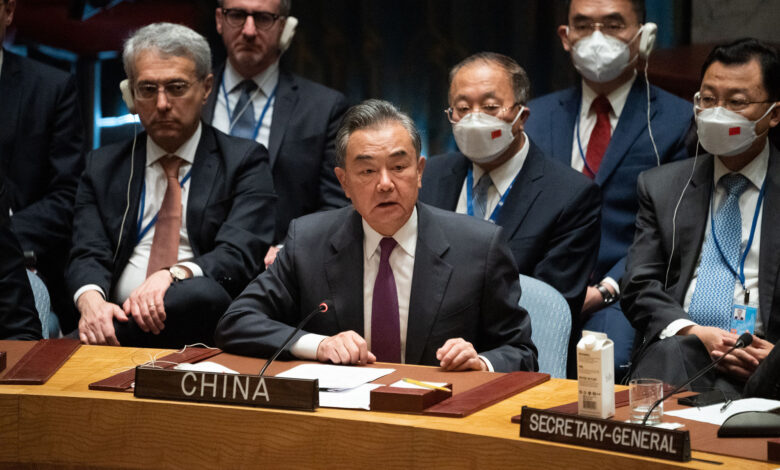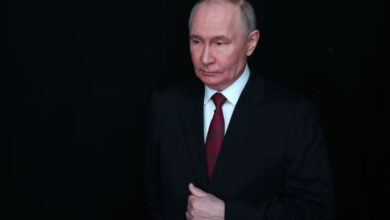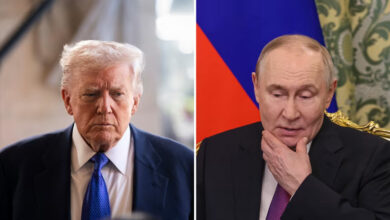
So far, Beijing has carefully avoided actions that would violate Western sanctions, such as providing direct military aid to Moscow. But it has presented a lifeline for the battered Russian economy by stepping up purchases of its fuel and energy — at a bargain price. China’s imports of Russian coal in August rose by 57% from the same period last year, hitting a five-year high; its crude oil imports also surged 28% from a year earlier.
After Russian President Vladimir Putin called up army reservists to join the war in Ukraine, Beijing has continued to walk the fine line, reiterating its long-held stance for dialogue to resolve the conflict.
“We call on the relevant parties to achieve a ceasefire through dialogue and negotiation, and find a solution that accommodates the legitimate security concerns of all parties as soon as possible,” China’s foreign ministry spokesman Wang Wenbin told a news briefing Wednesday.
Also on Wednesday, Chinese Foreign Minister Wang Yi met Russian Foreign Minister Sergey Lavrov on the sidelines of the United Nations General Assembly in New York.
According to the Chinese readout, Wang stressed that China would continue to “maintain its objective and impartial position” and “push for peace negotiations” on the issue of Ukraine.
But that “impartial position” was given away in the prime evening newscast on China’s state broadcaster CCTV, the most-watched news program in China.




